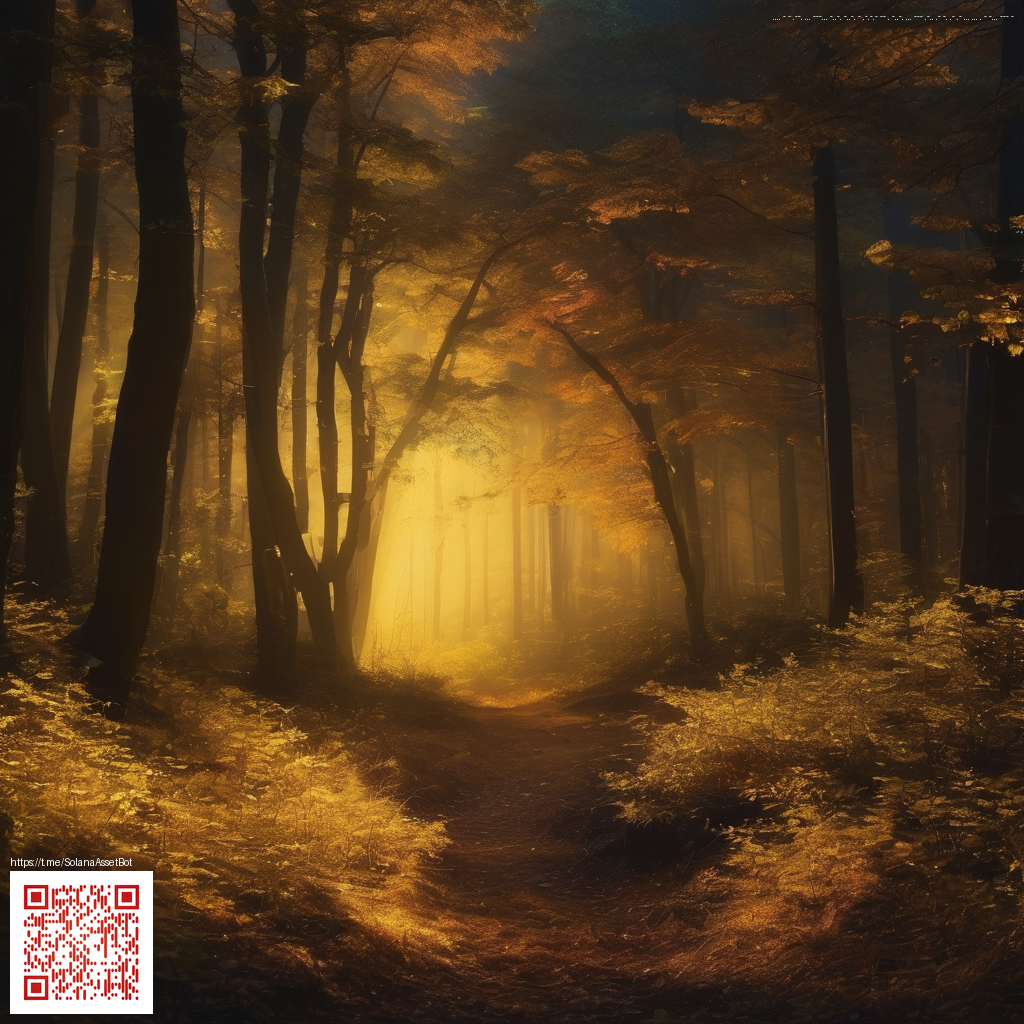
Whispers from the Vacant Floor
When the city finally exhaled, the vacant floor in the old office building woke with a rustle of dust and memory. Fluorescent lights flickered in a tired heartbeat, casting long, pale shadows across rows of empty cubicles. The air tasted faintly of rain and coffee left to scorch in a broken urn. It was a place that knew your routine, even when you pretended to forget it. The night custodian had quit years ago, but the floor kept its own clock—one that ticked to the rhythm of footsteps that should not have happened after hours.
I had come for a routine audit, a routine that turned uneasy as the door sealed behind me with a sigh that sounded almost personal. The first whispers were inaudible at first—breath against the nape of the neck, a sigh from the cooling ducts, the soft clack of a distant key turning in a lock that no longer existed. Then the murmurs grew specific: the soft reporting of dates, times, and names that had once filled the glass-walled conference rooms with life. The floor seemed to lean closer, corralling me not with menace, but with a patient, mournful insistence, as if it wanted to remind someone of who they were before they forgot.
We saved your chair, the whispers began, and we kept your notes. We kept your coffee mug, your stapler, your place at the table where you thought you mattered most.
The whispers rearranged themselves into a map of the space I walked. They pointed with cold precision to the desk that faced the window, to the filing cabinet whose drawers rattled like teeth in a dying mouth, to the radiator that hissed a name I recognized but could not place. Each fragment of sound formed a sentence I could almost hear as I turned the corner into the central hall. The voices did not threaten so much as they offered a choice: listen and belong, or turn and leave what you cannot unremember behind.
- The scent of old ink curling from a forgotten memo, the kind that reveals the truth only when observed in moonlight.
- A chair that spins by itself, slowly, until it returns to the exact position it held when the meetings began.
- A clock that ticks in bursts, pausing to synchronize with footsteps that no longer exist on any calendar.
- A coffee mug etched with a name you almost know, the kind that makes you question which part of your past you are re-logging into the present.
- A faint bell in the stairwell that rings at the halfway point of every hour, as if to remind you that time here belongs to someone else.
At last I reached the glass-walled corner office, the room that felt most recent in its vacancy—like a single memory left to age properly. The blinds hung with a tremor, and through them the city bled in: streetlamps, a distant siren, a bus sighing its last stop. On the desk lay a single sheet of paper, blank except for a line scrawled in a hand I did not recognize: a name, my name, or perhaps a promise to never forget who I came to be in this place. The whispers rose to a chorus, all soft and intimate, and I understood then that the floor did not haunt me so much as offer me a choice: stay and be counted among its memories, or walk into the morning light and erase yourself from the page of this old building’s long, patient story.
The dawn did not erase the whispers, merely thinned them to a careful hush. I stepped into the corridor, letting the door breathe its last sigh behind me, and the floor exhaled with the weight of a thousand quiet lives. In the glow of the stairwell, the building seemed to lean outward, inviting me to listen again tomorrow night. And perhaps that is the most terrible truth of all: some places remember us longer than we remember them, until the echoes become the only thing left to call us home.